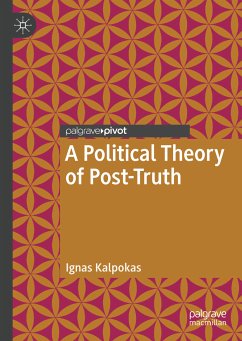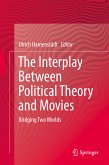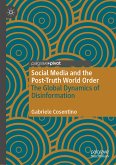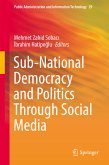This book combines political theory with media and communications studies in order to formulate a theory of post-truth, concentrating on the latter's preconditions, context, and functions in today's societies. Contrary to the prevalent view of post-truth as primarily manipulative, it is argued that post-truth is, instead, a collusion in which audiences willingly engage with aspirational narratives co-created with the communicators. Meanwhile, the broader meta-framework for post-truth is provided by mediatisation-increasing subjection of a variety of social spheres to media logic and the primacy of media in everyday human activities. Ultimately, post-truth is governed by collective efforts to maximise the pleasure of encountering the world and attempts to set hegemonic benchmarks for such pleasure.
Ignas Kalpokas is Assistant Professor of International Relations and Development in the Department of Social Sciences at LCC International University, Lithuania, and Lecturer in the Department of Public Communication at Vytautas Magnus University, Lithuania.
Dieser Download kann aus rechtlichen Gründen nur mit Rechnungsadresse in A, B, BG, CY, CZ, D, DK, EW, E, FIN, F, GR, HR, H, IRL, I, LT, L, LR, M, NL, PL, P, R, S, SLO, SK ausgeliefert werden.









